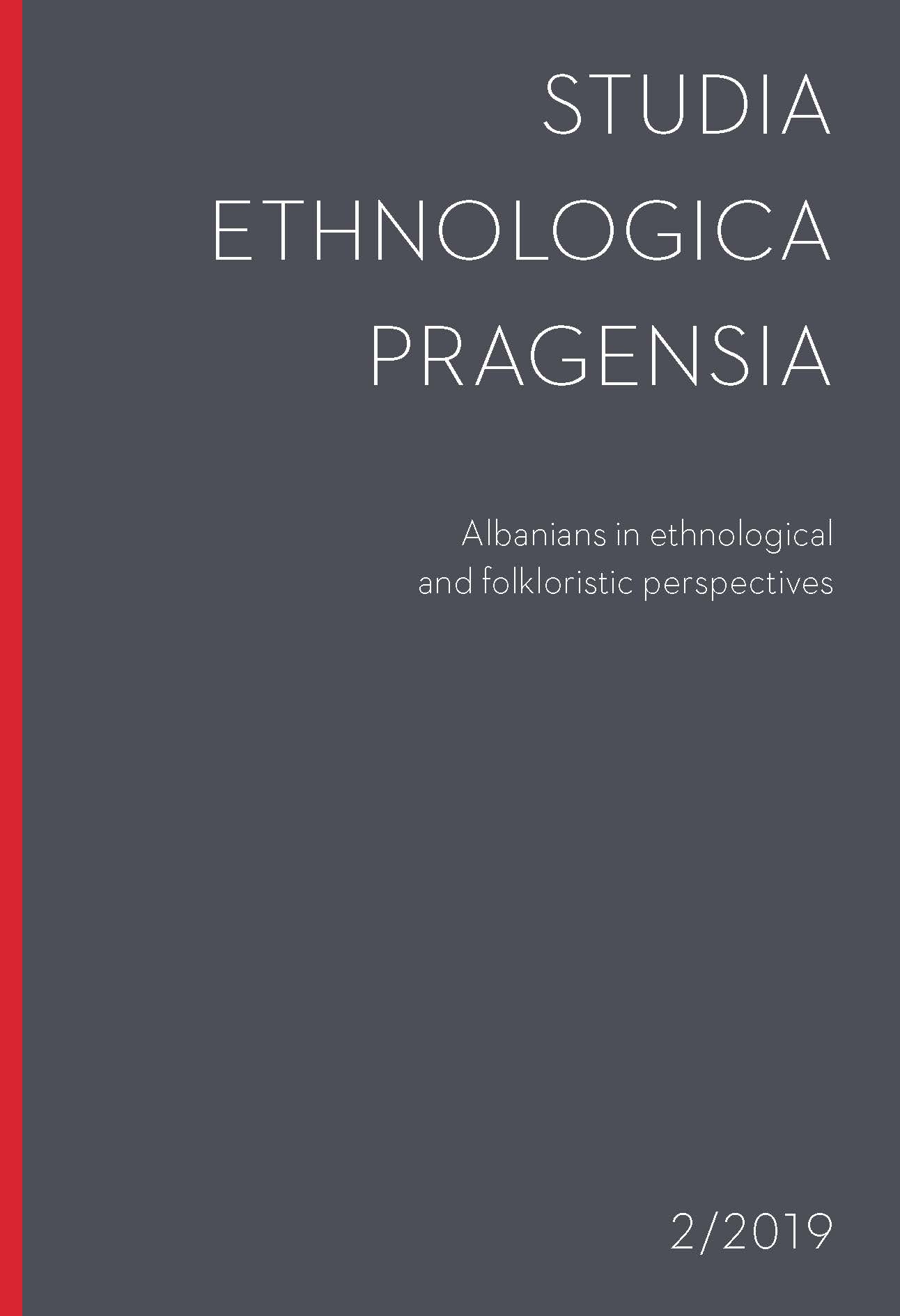Towards the paths of developing a discipline: Albanian folkloristics in Kosovo
Towards the paths of developing a discipline: Albanian folkloristics in Kosovo
Author(s): Arbnora DushiSubject(s): Customs / Folklore, Cultural Anthropology / Ethnology, Culture and social structure
Published by: Univerzita Karlova v Praze - Filozofická fakulta, Vydavatelství
Keywords: folkloristics; Albanians; Kosovo; Institute of Albanology; research; publications;
Summary/Abstract: From the end of the Second World War to the 1990s, Albanian folklore from throughout the Yugoslav space was collected and studied in Kosovo. This opened the possibility of a contact and a collaboration with schools and trends developing in folklore studies among all the peoples of Yugoslavia and beyond. However, this was not the case with folklore studies developing over the border in Albania. Scholarly communication with Albania became possible during the 1990s, yet alongside this conversation there were circumstances that affected the physical existence of the Albanian people in Kosovo. This brought about a period of stagnation from the point of view of folklore studies. For scholars of folklore, as for the whole population at this time, the accent was on survival. Albanian folklore scholars in Kosovo only managed to publish a few learned journal issues a year, thanks to donations from the Albanian Diaspora in Europe. After the year 2000, the conditions and opportunities for the development in the study of Albanian folklore in Kosovo changed completely. This provided an opportunity not only to open out to other Albanians in the Balkans, but also to come to terms with trends and perspectives in folklore studies across Europe. In this encounter, the theoretical and conceptual legacy of folklore studies in Kosovo has also been faced with the shift in the boundaries of the discipline of folklore studies, as well as its interplay with social and cultural anthropology, as has been the case for many other peoples in Europe. In my paper I will try to present the historical background and circumstances of Albanians living in Kosovo, which influenced the research and publications of the Folklore Department at the Institute of Albanology in Prishtina, as the only institution for the academic treatment of Albanian folklore. Through presenting its research methodology, paradigms, publications as well as its status today, I try to give an overview of folkloristics in Kosovo.
Journal: Studia Ethnologica Pragensia
- Issue Year: 2019
- Issue No: 2
- Page Range: 9-23
- Page Count: 15
- Language: English

